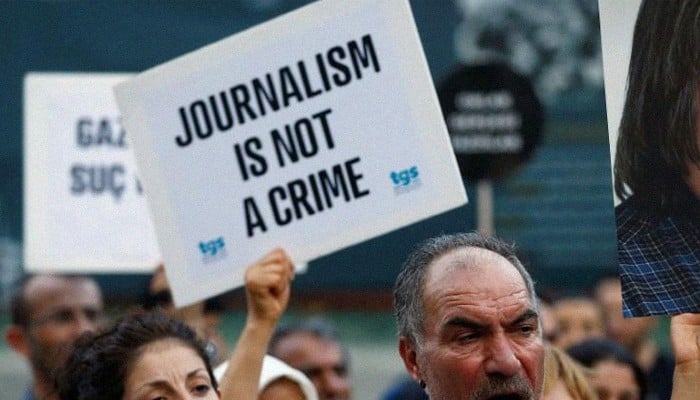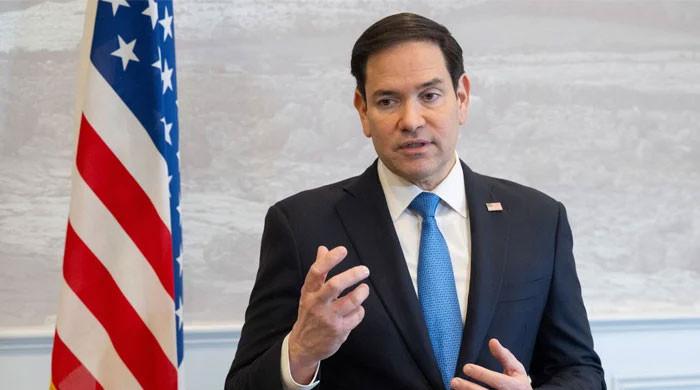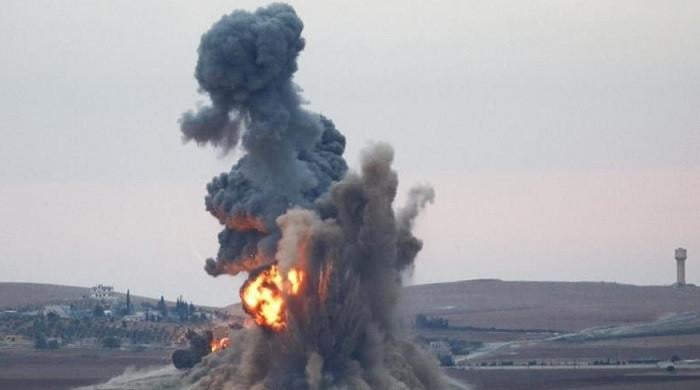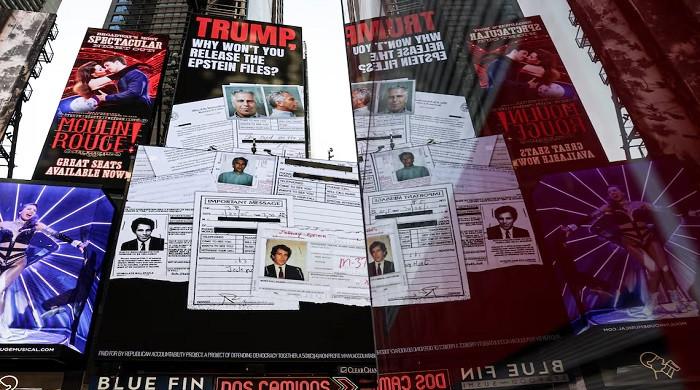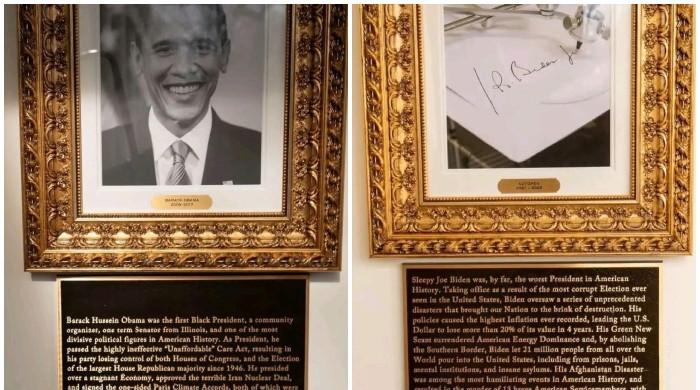EU mulls adding Saudi Arabia to money-laundering greylist
EU may move Saudi Arabia to new greylist after blacklisting it earlier as it prepares overhauling list of countries posing money-laundering risks
July 12, 2019
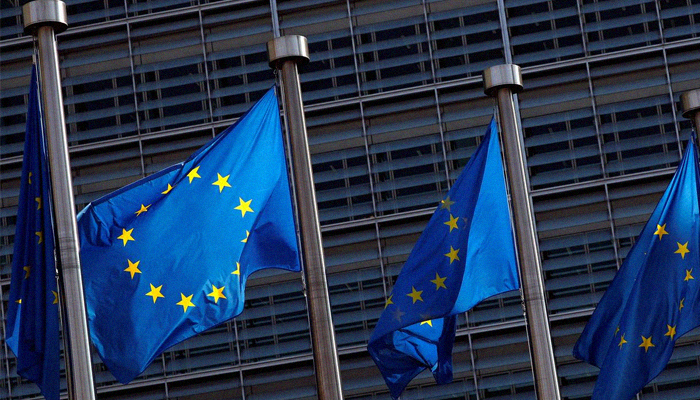
BRUSSELS: The European Union is preparing an overhaul of its listing of countries that pose money-laundering risks, an EU confidential document shows, a review that could allow Saudi Arabia to be moved to a new greylist after having been briefly blacklisted.
The EU executive added the kingdom in February to its blacklist of 23 jurisdictions that represent a threat to the bloc because of lax controls against terrorism financing and money laundering but the list was struck down by EU states after Saudi pressure.
Fearful of the economic impact of that listing, European governments led by Britain and France said the EU executive commission had given no chance to Riyadh and other listed states to address concerns.
Required by EU rules to adopt a list, the commissioner in charge of the issue — Czech liberal Vera Jourova — went back to the drawing board and has now come up with a revised process to list countries.
Instead of directly blacklisting those with shortfalls, the new process would be based on a “staged approach”, under which risk countries would need to commit to changing their rules and practices by set deadlines, the document seen by Reuters said.
This would effectively produce a grey list of jurisdictions that would be blacklisted only if they failed to apply required reforms, a European official told Reuters.
Before G20?
Saudi Arabia, the largest economy included in the original blacklist, would likely be relegated to the less contentious greylist, the official said, a move that could ease investors’ concerns about the reputational consequences of the listing.
That could also avert obstruction from EU states and fresh diplomatic rows with the kingdom the year before Riyadh hosts the G20 summit of the world’s 20 most industrialised countries in November 2020.
There was no immediate reply from Saudi authorities to a Reuters' request for comment.
The issue was discussed on Thursday by EU states’ representatives at a meeting in Brussels. If governments and the EU parliament agree on the new process, the new listing could be adopted by the commission in September.
But countries remain cautious and some could also oppose the greylisting.
The commission had found in February that Riyadh had serious shortcomings in its anti-money laundering framework but the kingdom has since then engaged in reforms that could justify its exclusion from the blacklist, the official said.
On the other hand, Saudi’s full delisting would not appear credible “as it would be difficult for them to have all their issues fixed in half a year”, the official added, referring to the shortfalls the EU highlighted in February.
The new blacklist would include all the high-risk jurisdictions monitored by the Financial Action Task Force (FATF), a global body responsible for countering money laundering, the official said. The FATF list currently comprises 14 states, including Panama, the Bahamas, Ethiopia, Iran, Pakistan, Syria, Tunisia, Yemen, and North Korea.
In June, Saudi Arabia became a full FATF member. It had, for a long time, been denied membership for not meeting anti-money laundering and counter-terrorism financing criteria.
When it comes to exposing jurisdictions that could favour tax evasions, the EU already applies a staged approach, with a black and a greylist. It has an 11-strong blacklist. Dozens of states are in the tax greylist.
The listing has allowed the EU to force many offshore jurisdictions to comply with minimum tax transparency criteria.


